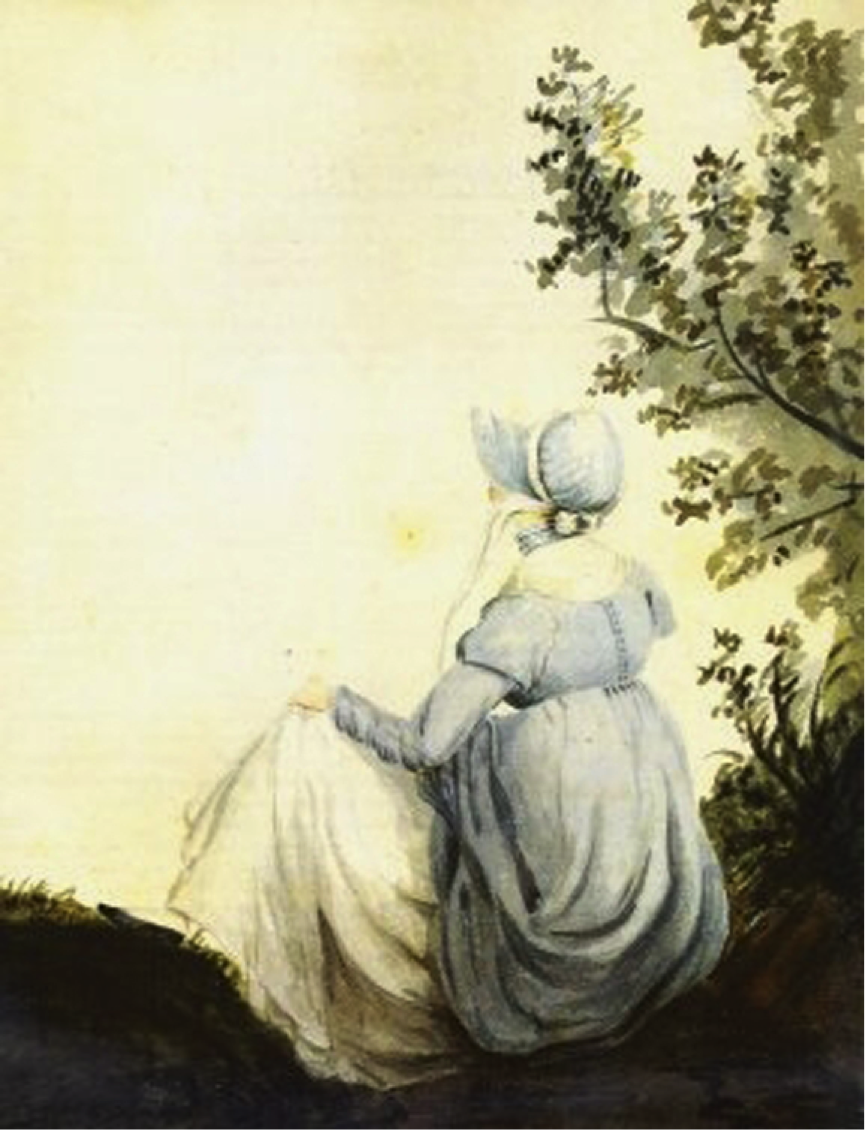“I always preferred the church, as I still do. But that was not smart enough for my family” (Edward Ferrars, Sense and Sensibility, chapter 19).
Jane Austen’s novels often mention the church and the clergy. This is not surprising, since she was a clergyman’s daughter; in modern terms a PK, or “Preacher’s Kid.” Her church was the Church of England (Anglican Church), the established national church of her country, and its practices might not be familiar to all of us. We’re going to look at each of Austen’s novels and see how they connect with the church.
Sense and Sensibility
We’ll start with some basics in Sense and Sensibility, probably the first novel Austen wrote (begun around 1795), and the first one published (1811).

Sense and Sensibility tells the story of two sisters, Elinor and Marianne Dashwood. Both fall deeply in love. However, Elinor keeps her emotions under control and continues to act with “sense,” even when she discovers that her sweetheart, Edward Ferrars, is already secretly engaged to Lucy Steele, and is too honorable to break his earlier engagement (more on that in a later post).
Marianne abandons herself to her emotions, trusting her “sensibility” to guide her. When her sweetheart, Willoughby, abandons her and marries someone else, she feeds her misery until she almost dies. In the end (spoiler alert) both sisters get married and live happily ever after (surprise!). If you don’t know the book, you can read more of the plot online, but why not give yourself a treat and sit down and read it? You can get it from amazon or a text-only version from Project Gutenberg.
So, where does the church come in? Edward wants to be a clergyman, but the church is not “smart” (fashionable) enough for his wealthy family. They would prefer him to be a lawyer, a naval officer in a fine uniform, or at least a “dashing and expensive” man about town. When his family finds out about his secret engagement to a woman with no wealth, his mother disinherits him. In need of an income, he determines to “take orders,” meaning to be ordained as a clergyman. (Austen refers to the clergy as clergymen, or occasionally as parsons or priests. Americans today might call them ministers or pastors).

Education and Ordination
How could Edward suddenly become a clergyman, without going to seminary?
Edward already had a gentleman’s education from Oxford University. He didn’t need a degree in theology, though some clergyman earned one. Most clergymen studied the classics (such as Homer’s Odyssey) at Oxford or Cambridge, like others of their class in society. They learned Latin and Greek (which could help them in understanding the Bible), beginning long before university. Required chapel services at their colleges taught them more about the Bible, presumably. Oxford did offer one extra course in theology for those intending to be ordained, but only sporadic attendance was required.
“. . . As soon as he can light upon a Bishop, he will be ordained” (Anne Steele, Lucy’s sister, in chapter 38).
So Edward had the academic preparation he needed. He only needed to find a bishop who would examine him briefly and ordain him, making him officially a clergyman. While a clergyman ministers in a specific church in a specific parish, a bishop is responsible for a diocese, a group of parishes in one region. Edward goes to Oxford for his ordination. The seat of the bishop of Oxford, the central place of his authority, is at Christ Church Cathedral in Oxford. Since Edward went to university at Oxford, perhaps he hopes that bishop will ordain him.
A Church Living
Lucy and Edward “agreed he should take orders directly, and they must wait to be married till he got a living” (chapter 24). A “living” was a permanent church job. Each parish, the area served by one Church of England church, supported a clergyman. The people of the parish (parishioners) were required by law to pay a tithe, a tenth, of their goods and produce (they were generally farmers) to support the clergyman. These tithes, along with small fees he received and sometimes land that he farmed, made up his “living.”
However, there were more clergymen available than there were church livings. And Edward had no connections to help him find a place. How did Edward find a living? We’ll look at that in Part 2.
Do you think it was better for clergymen to have the same education as others of their class, so that they could easily relate to and understand at least some of those they were ministering to? Or is the modern system of a separate seminary education specifically focusing on theology more beneficial?



Separate seminary education! If this hadn’t been superior, I don’t think it would still exist. 🙂
LikeLike
Yes, I agree, Sharon, that it’s probably best for clergymen to have an education in areas specific to their calling–just like others do now (for instance, for biology or finance). But in Austen’s day, the colleges pretty much just had one curriculum for everyone, with a few electives for those who could afford them! A very different system.
LikeLike